OpenAI has just officially launched Atlas, a web browser built around the ChatGPT chatbot to take advantage of the power of artificial intelligence (AI) and create a direct competitor to Chrome of the technology giant Google.
The move is not only a major step in OpenAI's strategy to expand its market share, but could also reshape the way users interact with the internet .
How does Atlas work?
During the online launch, CEO Sam Altman described this as a "rare opportunity" to redefine the concept of a web browser.
Atlas' core differentiator lies in its deep integration with ChatGPT: the browser allows users to open the ChatGPT toolbar in any window to summarize content, compare products, or analyze data from websites.
In particular, with the "agent mode" (agent mode/assistant mode) for paid users, ChatGPT can interact directly with the website to fully perform complex requests. Mr. Altman explained that in this mode, ChatGPT will use the browser itself to perform the tasks they want on behalf of the user.
In a demonstration of Atlas' capabilities, OpenAI developers showed ChatGPT automatically searching for recipes, then the AI agent automatically went to the shopping site Instacart and added the ingredients the recipe called for to the cart in just a few minutes.
Atlas is currently available for free on Apple's macOS operating system and will soon be available on Windows, iOS, and Android.
The New Race in the AI Era
The emergence of Atlas has heated up the AI race, where rivals such as Amazon, Google, Meta, Microsoft and billionaire Elon Musk's xAI are pouring billions of dollars into technology development since ChatGPT launched in late 2022.
OpenAI's browser is putting pressure on Google, says technology analyst Jacob Bourne of market research firm Emarketer.
This is another step forward in the AI race as tech companies try to make their browser interfaces the first point of contact for internet users with AI, he said.
The analyst also believes that OpenAI has an opportunity to leverage ChatGPT's popularity to attract users to its browser.
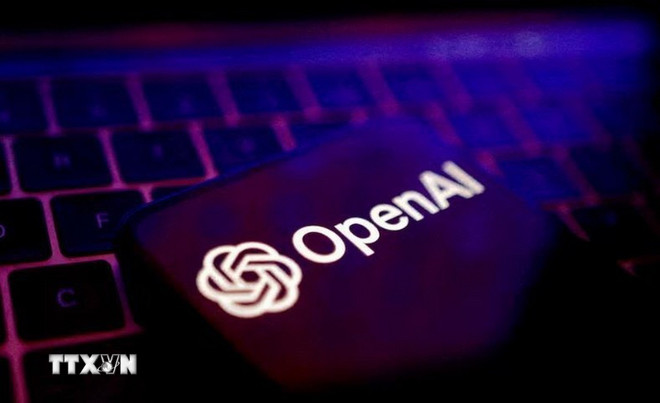
The Atlas announcement also comes just as Google avoided splitting off its Chrome browser into a separate company in a major antitrust case in the US. But while it wasn’t broken up, a judge ordered Google to share data with other companies so they could develop their own search products.
Google shares fell slightly more than 1% following OpenAI's announcement, reflecting market caution on the development.
OpenAI's Challenges and Opportunities for Success
Still, the challenge for Atlas is not small. According to analyst Paddy Harrington of the market research firm Forrester, OpenAI will face a "giant" that holds overwhelming market share. Google's Chrome browser has attracted about 3 billion users worldwide and is adding AI features from its "sister" Gemini model.
Emarketer analyst Bourne also notes that Google has a huge infrastructure advantage in serving billions of users. The question here is how well Atlas will perform under the pressure of the massive user base Google is handling.
However, it is Chrome's resounding success that could be the script for Atlas's development path.
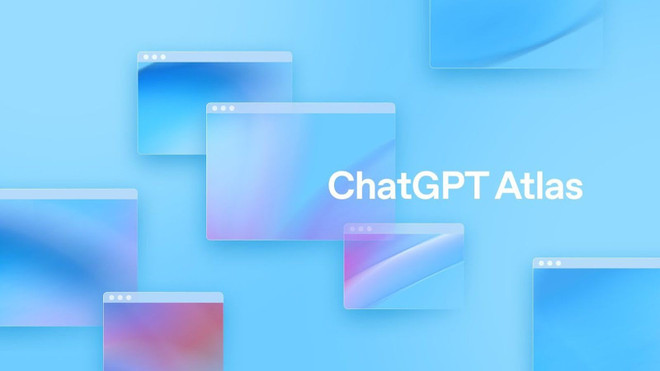
When Google launched Chrome in 2008, Microsoft’s Internet Explorer was the dominant browser on the Internet, with such a strong presence that few believed a new browser could threaten its influence. But Chrome quickly won over users by loading web pages faster and offering many other advantages, thereby overthrowing Internet Explorer’s “throne”.
Microsoft eventually abandoned Explorer and introduced Edge, which works similarly to Chrome. Edge is now the third most popular browser globally, behind Apple's Safari.
OpenAI isn’t the only company challenging Google either. Perplexity, a startup whose AI-powered search engine is seen as a potential rival to Google, recently launched a browser called Comet and announced a search revenue-sharing model with news publishers.
Brave Browser and Opera Neon are also notable names in the field of AI-integrated browsers.
No one can predict with certainty how this race will turn out. However, with the launch of Atlas, OpenAI has officially laid an important brick that will reshape the entire web browsing experience in the AI era./.
Source: https://www.vietnamplus.vn/loi-tuyen-chien-cua-openai-voi-google-trong-cuoc-dua-trinh-duyet-ai-post1071815.vnp






![[Photo] Prime Minister Pham Minh Chinh chairs meeting on nuclear power plant construction](https://vphoto.vietnam.vn/thumb/1200x675/vietnam/resource/IMAGE/2025/10/22/1761137852450_dsc-9299-jpg.webp)
![[Photo] Da Nang: Shock forces protect people's lives and property from natural disasters](https://vphoto.vietnam.vn/thumb/1200x675/vietnam/resource/IMAGE/2025/10/22/1761145662726_ndo_tr_z7144555003331-7912dd3d47479764c3df11043a705f22-3095-jpg.webp)














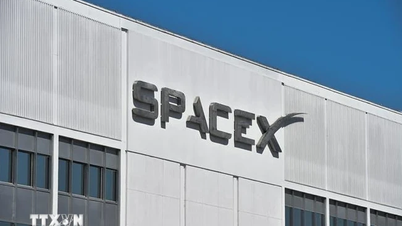

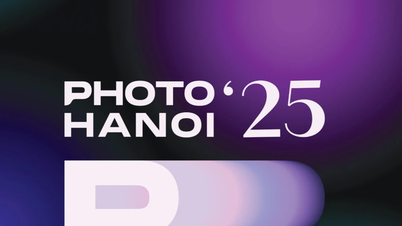





























































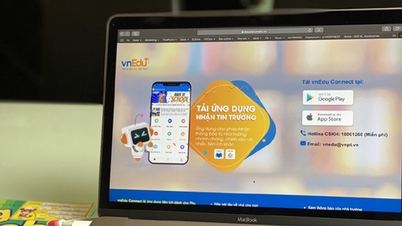


















Comment (0)